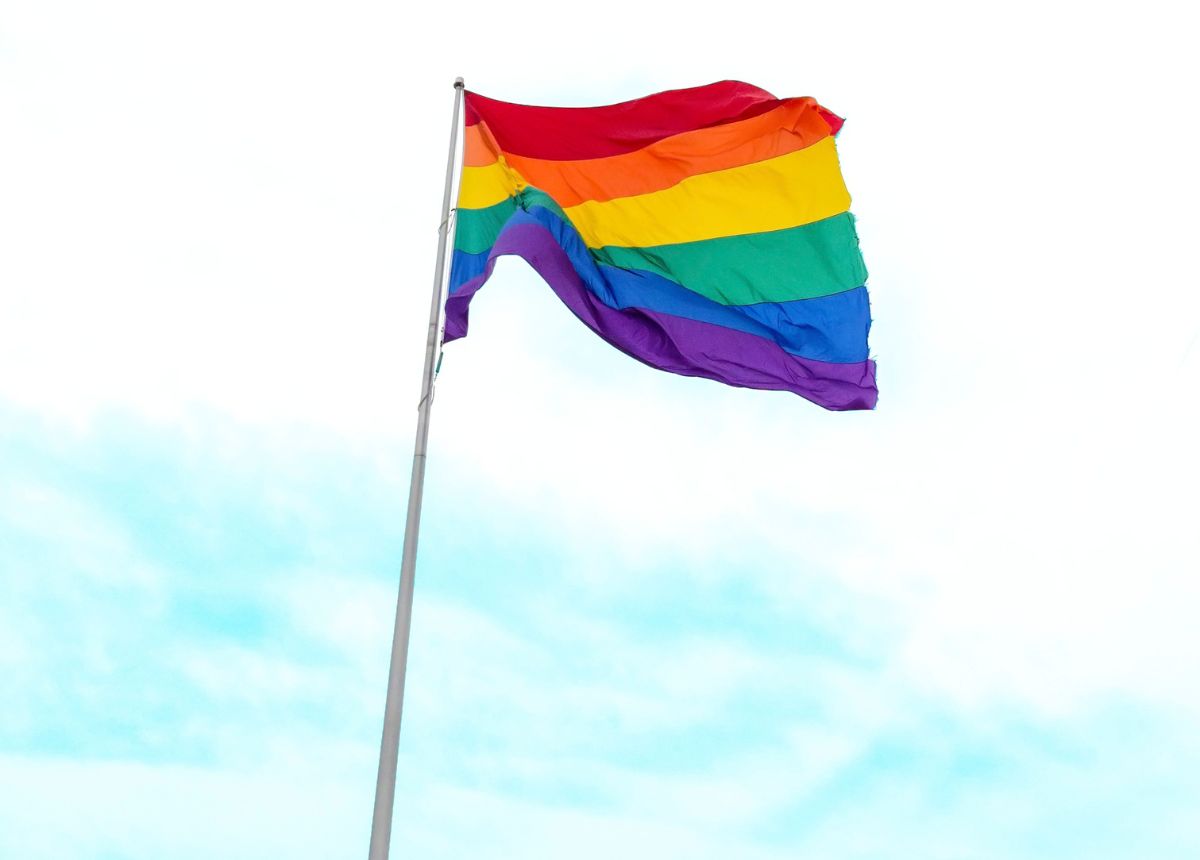By *Innocent Uwimana, a gay man from Rwanda who migrated to the UK around 20 years ago. This article was originally published by Pink News.
If the Refugee Ban Bill that is currently going through Parliament is passed into law, LGBTQI+ people who come to the UK seeking protection could be sent to countries which are not safe for them, such as Rwanda.
I had the chance to speak to a group of LGBTQ+ Rwandans in the country, who told me about the discrimination they have faced their entire lives because of their sexual orientation and/or gender identity.
During an anonymous meeting online, they expressed their concerns about their lives and explained the risks LGBTQI+ people face in Rwanda.
“We don’t understand how the UK government would send LGBTQ+ people here knowing that they will face discrimination. Though the country’s recent human rights advances have been ‘enormous’, not all Rwandans are able to enjoy them equally

Indeed, Rwanda is one of the few African countries that does not overtly criminalise gay sex, and the country is a signatory to the UN declaration condemning violence against LGBTQ+ people. However, same-sex marriage is prohibited and LGBTQ+ people are not protected from discrimination by any specific legislation.
LGBTQ+ people face stigmatisation and abuse in Rwanda every day, and there are many cultural and religious factors which fuel hatred against LGBTQI+ people in Rwandan society.”
The people in the group said that religious and cultural arguments are often used to heavily discriminate against anyone perceived to be a member of the LGBTQ+ community.
Religion as an argument to discriminate against LGBTQ+ people.
Religion is the most common argument people in Rwanda use against LGBTQI+ people. Because of the predominance of Christianity in Rwanda, churches have been particularly vocal in fuelling discrimination against Rwandan LGBTQ+ people.
Leaders of the Pentecostal and Catholic churches have embraced and been keen to demonstrate bigoted attitudes towards the LGBTQI+ population.
In addition, many political and social influencers in Rwanda frequently utilise overtly religious justifications to condemn homosexuality, calling it not only “un-Rwandan,” but also “sacrilegious”.
The UK government needs to understand that Rwandans’ conceptions of the world are substantially shaped by their religious beliefs, and that religious ideas heavily shape their attitudes and behaviours.
Hostility on the grounds of culture
On the other hand, some Rwandan leaders, including political and religious leaders, as well as social media influencers, justify discrimination against LGBTQ+ people on the grounds of culture. They claim that homosexuality and non-heteronormative gender identities are not part of the African culture and that they were brought to Africa by Western countries (especially the US and European countries) so as to impose their cultures on Africa.
Some also claim that Western countries intend to wipe out the African population by promoting homosexuality and discouraging people from heterosexual relationships in which they can have children.
In Rwanda, homophobia has evolved into a rallying cry that mobilises the masses by urging them to guard themselves against westernisation and to defend their own culture.
However, there is well documented historical evidence of same sex relationships and gender expression variance in many places in Africa, including Rwanda.
For example, in Rwanda ‘Cyabakobwa’ (men behaving and dressing as women) and ‘Ibishebago’ (women behaving and dressing as men) were well tolerated and lived in peace in the communities in pre-colonial times.
Yet unfortunately this is no longer the case, and LGBTQ+ individuals must hide who they are, or are forced to flee to other nations.
The controversial cases of a Rwandan fashion star and a social media influencer
The group highlighted the recent case of Moses Turahirwa, a Rwandan fashion star, to illustrate the hostility against LGBTQI+ people in the country.
The Rwanda Investigation Bureau (RIB) arrested this well-known Rwandan fashion designer on Thursday, April 27 in Kigali. The day before, he uploaded a photo to social media joking about the fact that his passport’s “gender” field had been changed from “M” to “F,” meaning male to female. “Finally, officially a woman on my identity card”, said the artist, who is a member of the LGBTQ+ community.
However, the joke sparked lots of hate speech and discrimination against people perceived to be part of the LGBTQ+ community on the grounds of religious and culture arguments. Many people have expressed that LGBTQ+ people should be killed, and the authorities have turned a blind eye to the situation.
The government responded by arresting him. On top of being accused of forging official documents, he was also accused of other crimes and the investigation will continue while he remains in custody.
Hostility against LGBTQ+ people in Rwanda can also be illustrated by the recent case of a famous DJ and social media influencer who has been accused of being a lesbian. Despite her denying this, many religious leaders and social media influencers have attacked her on the media claiming that she should be arrested or beaten up.
“We hope the UK government will hear our voice”
Most LGBTQI+ people want to leave Rwanda. They want to live in a place where they can be free and themselves. So why would the UK government think it is safe to send LGBTQ+ people there?
The group of people I chatted to were surprised that a country like the UK, previously known as respecting human rights, is now consciously planning to send LGBTQI+ people to a place where it is known they will face stigmatisation and discrimination.
When asked what they hope for from the conversation, the group said, “we hope that the UK government will hear our voice and not put other people in a situation so many others want to get out of. “
*The name of the author has been changed to protect his identity.
